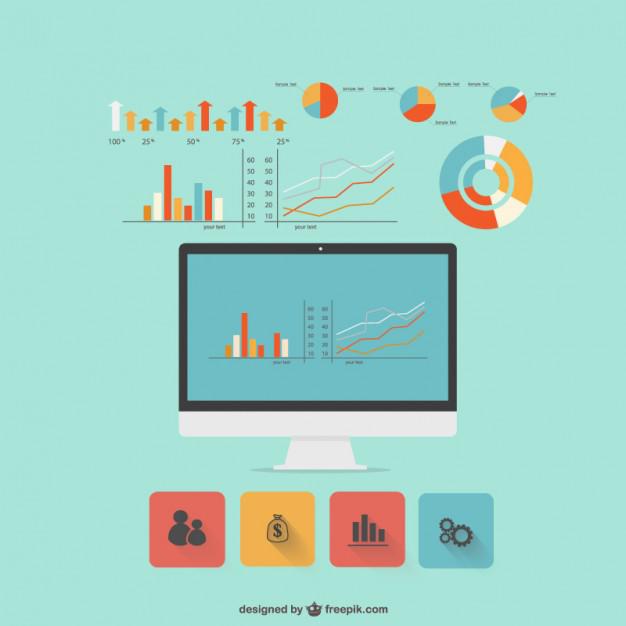Quantifying the Unquantifiable: Challenges Around Measuring Gender in Development

Created by Freepik
Last week I attended a workshop hosted by the Development Studies Association Women and Development Study Group and the Centre for Global Development at the University of Leeds. The theme of the event was ‘Interrogating the Nexus of Alternative Knowledges, Evidence and Impact in GAD Research and Practice’.
Unpicking gender and equality
The event began with a thought provoking presentation by Professor Elaine Unterhalter on the contested meanings around gender and equality and the risk of co-opting these concepts. Conversations around defining these words can be an attempt to fix a meaning on them, which may silence or exclude alternative ideas. Professor Unterhalter touched upon some of the challenges with international development indicators, noting that these indicators often exclude the voices of those people most affected by inequality. She highlighted the importance of including a feedback loop in these processes.
The world of indicators
Linking into this theme, Professor Sally Engle Merry presented on how indicators shape and create knowledge. She remarked that using indicators to measure health, education and other international development data is a relatively recent phenomenon. She noted that different approaches to creating and measuring indicators illustrate different perceptions about cause and effect. Behind each indicator lies a set of implicit assumptions, and indicators are always products of specific actors who have different underlying theories about the right solutions to global challenges.
Professor Engle Merry noted that there are positives to the growing trend for quantification; creating indicators and systems of measurement can make bring previously invisible issues, such as gender-based violence, to light. On the other hand, international indicators can create a fixed way to measure something which eventually becomes inert, and implementers can become resistant to improving out-dated indicators because the data may no longer be comparable.
Reflections
On reflection, I think there is a challenge around who develops indicators and who defines what is counted. This is inherently political. In a world where data plays an increasingly important role, what counts can be mistaken for what matters. The push to quantify can lead to over-simplifying complex issues, such as gender-based violence or women’s empowerment. The thought provoking presentations and debates at this event will inform my own thinking on monitoring and evaluating gender as part of SHARE’s capacity development work. Through gathering more qualitative information, we can further explore what our colleagues and partners think about this issue.
